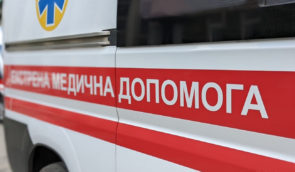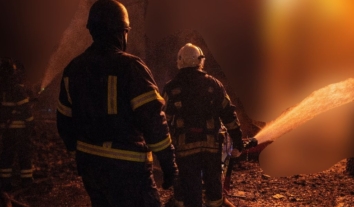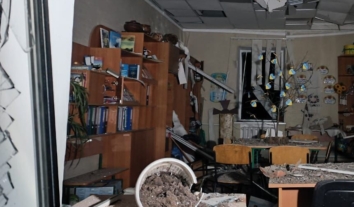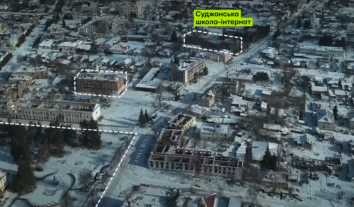‘Mobile investigators’ to investigate ATO crimes more effectively – human rights activists
The law enforcement agencies investigate the international crimes in eastern Ukraine ineffectively and in a non-systemic way. The experts advise to set up mobile teams involving investigators from different regions.
Head of the International Federation for Human Rights (FIDH) department for Eastern Europe and Central Asia Oleksandra Kulayeva states this and advises to use the experience of investigating crimes in Yugoslavia, where the mobile groups involving investigators from other regions were set up.
The expert noted that investigation in Ukraine now faced subjective difficulties, the Human Rights Information Center correspondent reported.
“The crimes in eastern Ukraine have been committed by military or law enforcement agencies. The system has not changed. The territory originally was under the control of one forces and then passed to other. The staff of those bodies remains one and the same. So, one and the same people are invited to investigate violations and offenses that have been committed at least by their offices, if not by themselves. It is therefore necessary to set up the mobile investigative group,” Oleksandra Kulayeva said.
Such brutal human right violations as massacres, systematic planned torture, abduction of people and others crimes are being committed in eastern Ukraine.
“We talk not about isolated cases, but about the whole region where abduction of people, deprivation of liberty, torture, threats to life and the massive use of simulated shooting as form of psychological violence are being committed,” Kulayeva noted.
Kulayeva noted that the office for investigation of crimes against peace, human security and law and order at the Prosecutor General’s Office had too little resources. The department was set up to investigate the most serious crimes and consists of 34 employees.
“This easily explains why the crimes will be investigated not as quickly as we would like to. It is necessary to provide the human, financial resources and other opportunities,” Oleksandra Kulayeva stressed.
Human rights activist of the Euromaidan SOS Maria Tomak also noted that domestic law enforcers contradicted themselves when “reporting” on the investigation of international crimes.
“We see no systematic investigation even in the liberated territories. While raising the issue at the prosecutor’s office, the investigators say, ‘We have a vision that we will investigate in a fragmented way and then will gather cases in a big pile.’ But the most interesting fact is that it contradicts their words that they are investigating the Russian aggression against Ukraine. If you are investigating aggression, you cannot investigate the isolated cases of torture, murder and so on,” Tomak said.
The national authorities need to consider all the crimes, described in the Rome Statute, because the International Criminal Court (ICC) will consider the full range of the crimes, emphasized Carrie Comer, Permanent Representative to the International Criminal Court (ICC) for the FIDH.
“The ICC will not select individual cases which, according to the Ukrainian authorities, are the most important and top-priority. The international crime is a special type of crimes, which differs from individual murder or kidnapping because they are widespread and systematic. This is the attack on civilians. It is necessary to trace whether these crimes has team chain,” Comer said.
The experts also recommend adapting the Ukrainian legislation to the Rome Statute and adjusting coordination between different agencies the Interior Ministry, the Prosecutor General’s Office and the Security Service of Ukraine.
According to the report presented by the human rights activists, persecution and harassment have been experienced by religious leaders, representatives of political parties, movements, activists with certain views, national minorities, businessmen, employees of the government agencies and so on.
Earlier, the representatives of the Institute “Open Society” suggested setting up a separate international mechanism in Ukraine to investigate the crimes involving international experts. This mechanism is also offered to be used when investigating corruption offenses even at the highest levels of the government.







